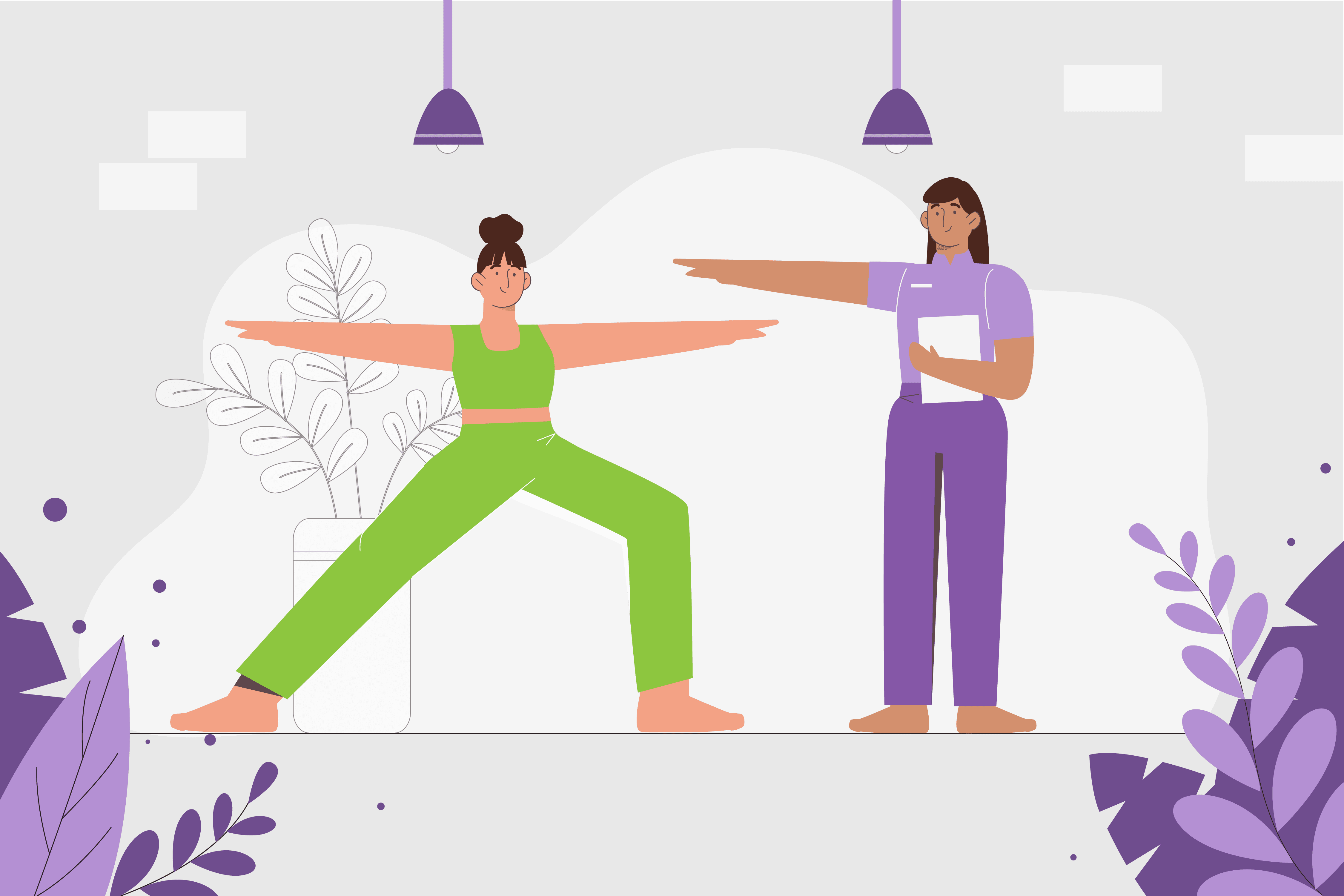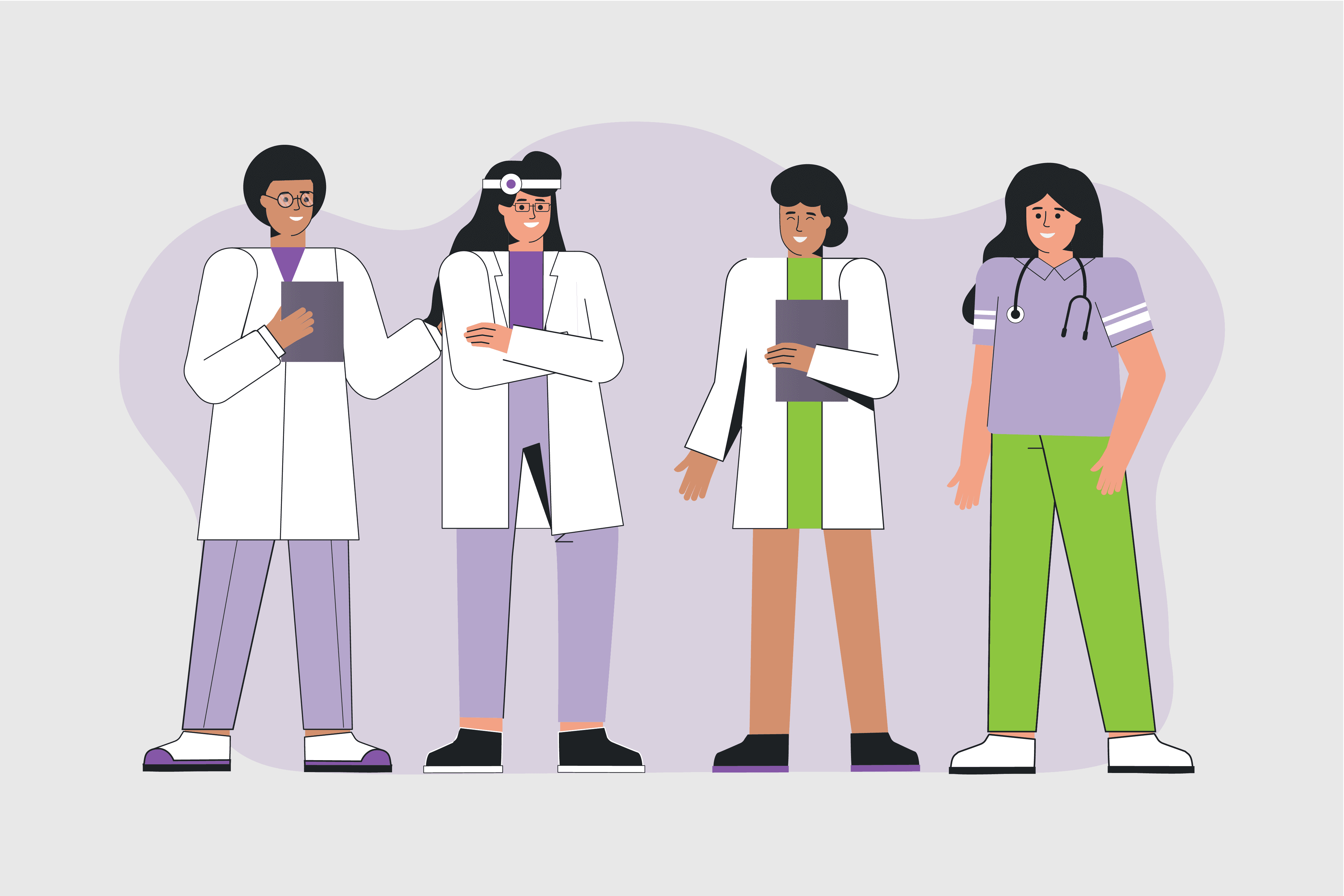Pharmacy assistant job description
Where we source our data
Let's get real. Job information online can often be overly optimistic — conveniently glossing over the raw bits. But when you're making decisions about your future, you need all the facts.
That's why we anonymously surveyed pharmacy assistants about their job, with hopes of getting an honest insight into what it's really like.
While we did our best to ensure respondents were Australians and verified their job titles with proof of employment, we can't guarantee complete accuracy — or that your experiences in the field will reflect theirs. So, we suggest that you take these insights as a guide only and try to talk to people in the field before making an important decision.
Tasks and responsibilities for a pharmacy assistant
Pharmacy assistant duties and responsibilities can include:
- Opening and close the pharmacy
- Setting up retail areas and stocking shelves in retail pharmacies
- Serving customers and handling sales transactions
- Providing basic health and beauty advice
- Demonstrating and selling products and over-the-counter medicines
- Referring to pharmacist for assistance with health advice out of your remit
- Assisting in the pharmacy dispensary and with prescription medication administration processes
How to become a pharmacy assistant
-
Study
Studying an accredited certificate qualification in community pharmacy services through a TAFE or registered training organisation gives you the skills you need to work in a pharmacy setting, provide basic medical advice and could open you up to more job opportunities.
-
Get some work experience
Once you have some training under your belt, applying for and working in an entry-level pharmacy assistant position gives you valuable on-the-job training and experience. Work experience could also lead to senior positions in the pharmacy.
Pathway options
A role as a pharmacy assistant could be a great entry point and open you up to further career opportunities once you have some experience. There are excellent resources on career pathways and training programs on the Pharmacy Guild of Australia‘s website.
Future career options:
Junior
-
Pharmacy assistant
Most common qualification: Certificate II in Community Pharmacy (SIR20116)
-
Pharmacy sales assistant
Most common qualification: Certificate II in Community Pharmacy (SIR20116)
-
Pharmacy technician
Most common qualification: Certificate II in Community Pharmacy (SIR20116)
Mid
-
Dispensary technician
Most common qualification: Certificate IV in Community Pharmacy Dispensary (SIR40216)
-
Pharmaceutical production leading hand
Most common qualification: Certificate III in Pharmaceutical Manufacturing (FBP30818)
Senior
-
Pharmacy manager
Most common qualification: Certificate IV in Community Pharmacy (SIR40116)
-
Pharmaceutical production supervisor
Most common qualification: Certificate IV in Pharmaceutical Manufacturing (FBP40518)
Explore related qualifications
Certificate III in Community Pharmacy
This qualification provides the skills and knowledge to work as a pharmacy assistant who uses a well-developed range of services to meet customer needs. They have a broader understanding of all areas in the pharmacy, including products and health care support services. These pharmacy assistants work with more independence but ultimately are under the supervision of a pharmacist and may be involved in a limited range of dispensary assistant activities.
The delivery of this course can be on campus, online or completed as a traineeship in the workplace. The average duration of this course is nine months, can be part-time or full-time, and eligible students may receive a government-funded subsidy.
*All Pharmacy assistants must comply with federal, state or territory law and Pharmacy Board of Australia Guidelines for supplying scheduled medicines.
Reviews
How we collect reviews
Reviews are from Australian workers with this job title or a very closely related one.
Is this your job title?
Share your thoughts and help people decide if this job is right for them.
- All
- Positive
- Negative
Get to talk to people.
What are the best parts of the job?
Communicating actively with people and forming new bonds and friendship with both colleagues and customers.
What's the most challenging part?
The job consists of long hours where I am always standing, which can be physically tolling.
Flexible but also long hours.
What are the best parts of the job?
Being a pharmacy assistant is a great role that offers a lot of flexibility such as the days you work.
What's the most challenging part?
There isn't enough staff to cover the amount of hours at my pharmacy. All of my shifts consist of long hours and I do overtime almost every week.
I like helping customers who appreciate me doing so.
What are the best parts of the job?
Customers that are appreciative of my help is the best part of my job.
What's the most challenging part?
Being in a tight situation and not knowing what to do. You need to be able to problem solve and think quickly.


















